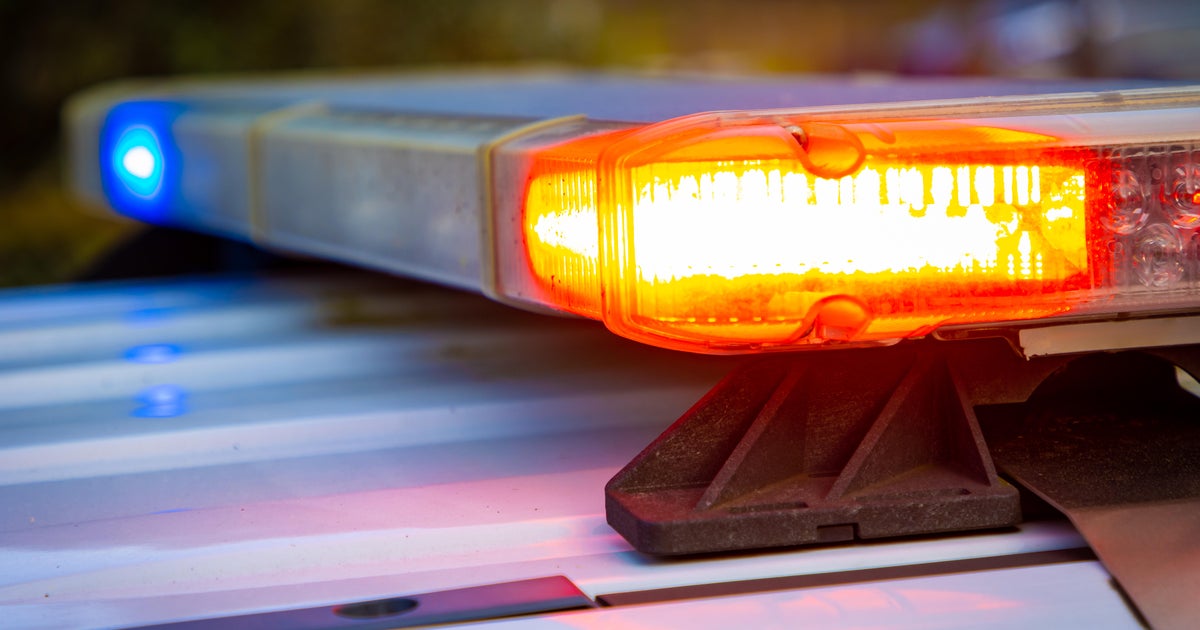Closing Arguments Wrap Up In Trial Of Man Paralyzed During Traffic Stop
PITTSBURGH (KDKA) -- Jury deliberations have ended for the day in the trial of Leon Ford, who was paralyzed during a November 2012 traffic stop in the city's East End.
This evening, the jury asked to see the dash cam video from the point at which the struggle began to the point the car moves, shots are fired and the car crashes. They then resumed their deliberations.
The day began with the presentation of closing arguments. The defense went first.
Defense attorney Fred Rabner explained to the jury the four pillars he told them at the beginning of the trial would not be shaken by the prosecution.
During his hour-long argument, Rabner said those four pillars are:
1) Leon Ford is not Lamont Ford and is not a gang banger.
2) Officer David Derbish jumped into a moving vehicle and shot and paralyzed an unarmed teenager.
3) There is no evidence Ford tried to harm the officers.
4) The officers intentionally did not wear their microphones to hide their conduct.
The prosecution then began their closing arguments around noon.
Prosecutor Rob Schupansky told the jury the defense was deflecting blame, raising issues more proper for a civil lawsuit.
"This case is not about what the officers did. That's a separate matter. This case is about what Leon Ford did," said Schupansky.
"If he felt disrespected, if he's scared, that's still not a reason to leave. There is no doubt he drove that car away. That's essentially the crime of escape. Now that it's not about money, Ford says he didn't know Officer Derbish was in the car. Is that reasonable? You heard the defendant say he didn't know the car was moving. That's ludicrous," said the prosecutor.
"If you disagree with the circumstances of a traffic stop, you come to court. You don't drive away because you disagree," Schupansky added. "No one is going to be happy Mr. Ford suffered those injuries. But you can't allow sympathy or emotion to come into play."
Schupansky also used a mannequin presented to the jury Friday with Ford's bloody clothing on it to argue that Ford's wounds prove he was trying to push Derbish out of the car.
Both sides also pointed to the dash cam video to make their point. The defense claiming the actions of the officers escalated the incident; the prosecution claiming Ford's own actions led to his injuries.
Following the prosecution's closing arguments, the judge gave the jury instruction in the law. Soon after, the jury began deliberations.
The trial is now wrapping up after days of testimony that included police officers, use of force experts and Ford himself.
Ford took the stand Monday.
He told the jury he thought he was going to die once gunfire rang out at the end of the traffic stop. He testified he was terrified when police kept insisting he might have been Lamont Ford.
His wheelchair was lifted onto the witness stand before the jury arrived, and he testified the tone was set when the first officer to approach him snatched his license from him. Things went downhill once it took so long to determine who he was.
"I didn't know if they were going to beat me, shoot me or tax me," said Ford.
He claimed that the car started moving before he knew it and he had no idea an officer got into the car until he heard gunshots and smelled smoke.
The prosecution contends Ford was trying to push the police officer out of the car, when he was shot.
The jury will return in the morning to continue deliberations.
You May Also Be Interested In These Related Stories
More Reports by Harold Hayes
Join The Conversation On The KDKA Facebook Page
Stay Up To Date, Follow KDKA On Twitter



